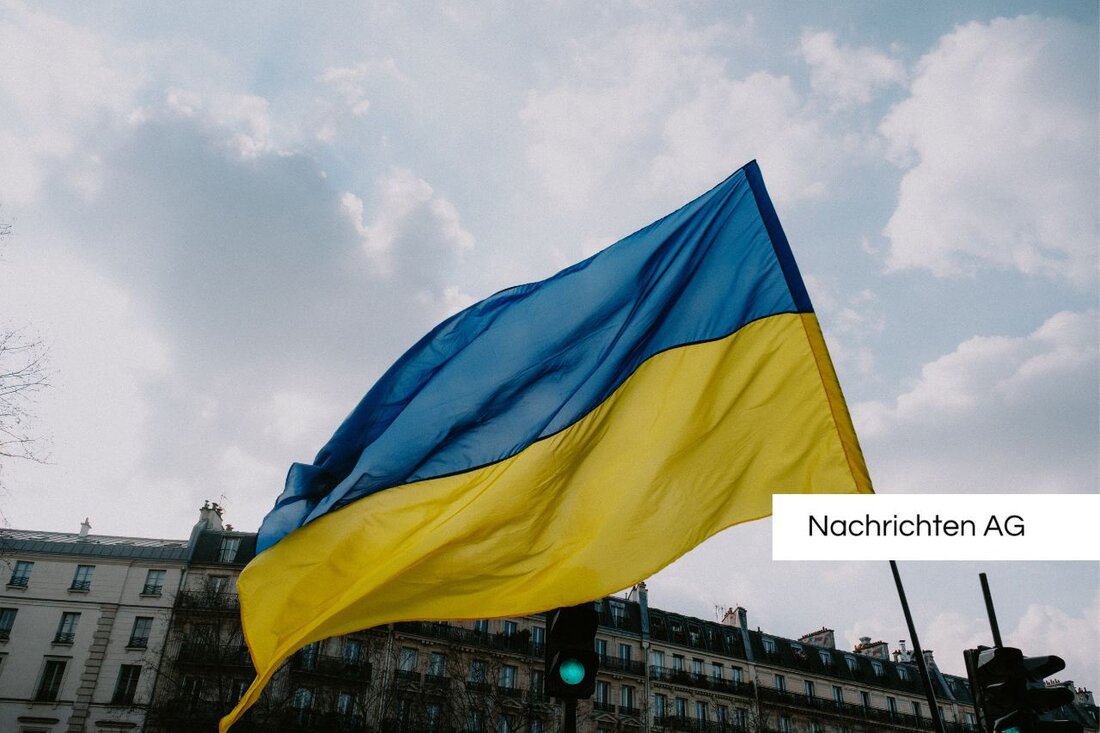Nuclear reactor technology: opportunity or risk for the energy transition?
Sebastian Hübner from TU Ilmenau will speak about nuclear reactor technology on October 17, 2025. Entry 5 euros.

Nuclear reactor technology: opportunity or risk for the energy transition?
On Friday, October 17, 2025, the Technical University of Ilmenau invites you to a lecture on nuclear reactor technology. The speaker Sebastian Hübner will speak about the industrial use of nuclear fission at 3:00 p.m. in the Faraday lecture hall at Weimarer Straße 32. Admission is 5 euros and the lecture takes place as part of the TU Ilmenau Citizens Campus.
Hübner, who studied mechanical engineering at the Technical University of Dresden, is a research assistant at the professorship for hydrogen and nuclear energy technology. In his lecture he will explain the physical and technical fundamentals of nuclear technology as well as established and modern reactor concepts. The aim is to provide listeners with fact-based knowledge so that they can take part in discussions about the opportunities and risks of nuclear energy. Hübner currently also holds the position of speaker to the vice president for studies and teaching at the TU Ilmenau and is the deputy contact person for the Ilmenau regional group of Engineers Without Borders.
Global trends in nuclear power
Global interest in nuclear power is increasing, especially as energy needs grow through technologies such as artificial intelligence. In many countries that were previously skeptical about nuclear energy, there are now efforts to integrate this technology. The reports of the Capital Group According to them, nuclear power could help increase electricity generation and support decarbonization goals.
The IEA predicts that the share of nuclear power could remain stable at almost 10% until 2050. In industrialized nations this share is already almost 20%. While security concerns following the 2011 Fukushima nuclear accident have left some countries hesitant, geopolitical developments such as Russia's invasion of Ukraine have increased interest in diversified and secure energy supplies in Europe.
Innovations in nuclear reactor technology
The next generations of reactors, so-called Generation IV reactors, offer promising advantages in terms of safety, efficiency and waste reduction. Loud Nuclear Forum These reactors are characterized by innovative designs and passive safety systems. They can be used to generate electricity as well as to provide industrial process heat.
With flexible usage options and market readiness targeted for the 2030s, the concept includes six different reactor types, such as sodium-cooled fast reactors and molten salt reactors. These reactors offer enhanced benefits, including significant increases in fuel utilization efficiency and the ability to use existing nuclear waste as fuel.
Advances in nuclear reactor technology are also a result of the need to sustainably meet global energy needs. In particular, technologies to improve energy efficiency and increase base load supply through coordinated approaches with renewable energy sources are the focus of research and development.
The discussion about nuclear energy remains complex, but current developments show that innovative reactor systems and a reassessment of nuclear power could play a key role in future energy strategies.

 Suche
Suche
 Mein Konto
Mein Konto